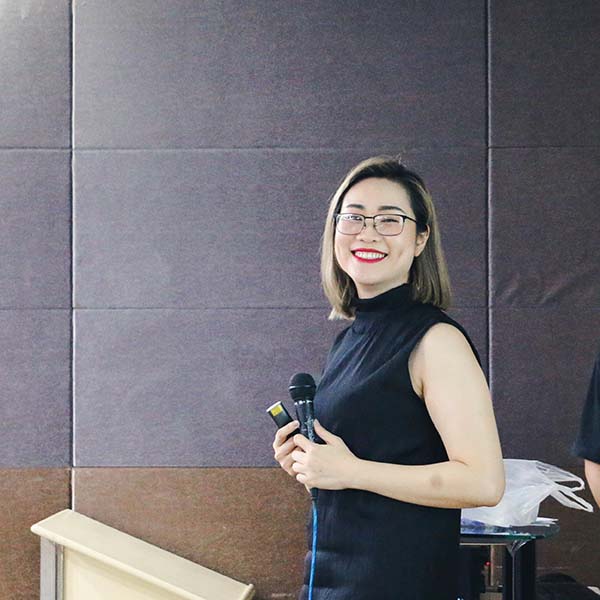|
CLASS TYPE
|
NUMBER OF CLASSES |
SUBJECT / CONTENT |
| 1-on-1 |
5 |
TOEFL Speaking, TOEFL Listening, TOEFL Writing, TOEFL Reading, TOEFL Vocabulary/Grammar
|
|
Small Group Class
|
1 |
Choose one (1):
Compelling Conversations, Listening Power, TED Talk, Contemporary Topics, Phrasal Verbs, Grammar, Phrasal Verbs & Collocations, Accent & Intonation
|
| Big Group Class |
1 |
Choose one (1):
Listening & Dictation, Supplemental Vocabulary, Supplemental Grammar, News and Trends, Power Multimedia, Premium English, Business Idioms
|
|
Total
|
7
|
|
TOEFL Speaking (1:1) – Students are taught strategies and techniques for organizing ideas, managing time, and expressing opinions clearly for effectively answering different types of speaking prompts commonly found in the TOEFL exam.
TOEFL Listening (1:1) – Students engage in various listening exercises in this class to improve their listening comprehension skills. These exercises may include listening to lectures, conversations, and discussions on a range of academic topics. Students take practice tests under timed conditions to simulate the experience of the actual TOEFL exam.
TOEFL Writing (1:1) – Students learn about the structure and format of the TOEFL writing section, which typically includes two tasks: an Integrated Writing task and an Independent Writing task. Test-Taking strategies such as managing time effectively, understanding the scoring rubrics, and approaching different types of writing tasks will also be taught.
TOEFL Reading (1:1) – This class involves teaching students how to analyze and evaluate information presented in the passages, identify the author’s purpose and tone, and recognize rhetorical devices used in the texts.
TOEFL Vocabulary (1:1) – This class would introduce students to a wide range of vocabulary words commonly found on the TOEFL exam. Students learn not only the definitions of words but also how to use them correctly in different contexts.
TOEFL Grammar (1:1) – The class will familiarize students with the structure and content of the TOEFL exam, particularly the grammar-related sections. Students will learn strategies for identifying and correcting grammatical errors in written and spoken English.
Compelling Conversations (SGC) – a conversation class that focuses on developing and improving participants’ conversational skills in English. This class provides structured lessons and discussions encouraging students to engage in meaningful and interesting conversations.
Listening Power (SGC) – The primary goal in this class is to enhance students’ ability to understand spoken English in various contexts, such as conversations, lectures, interviews, and presentations by learning strategies to comprehend spoken language more effectively, including identifying main ideas, understanding details, and inferring meaning from contents. Students are encouraged to become active listeners by engaging with the material, asking questions, and responding appropriately to what they hear. They learn techniques such as note-taking, summarizing, and paraphrasing to enhance their listening comprehension skills.
TED Talk (SGC) – an integrated class of Vocabulary and Public Speaking that focuses on the study and practice of delivering effective speeches in a style similar to that of TED Talks.
Listening and Dictation (BGC) – a class of 15 students at maximum that primarily focuses on improving a student’s listening comprehension skills and their ability to transcribe or write down spoken content accurately.
Supplemental Grammar (BGC) – an additional or extra class designed to enhance a student’s understanding and mastery of grammar in English This class is designed to complement regular language instruction by offering a more concentrated focus on the rules and structures of the English language.
Premium English (BGC) – This class of up to 15 students focuses on the forms, functions, and application of formal English in all aspects of language proficiency, particularly in speaking and conversation.
Supplemental Vocabulary (BGC) – an additional or extra class designed to help students expand and improve their vocabulary in English. This class is for individuals who need to improve their vocabulary for academic, career, or personal reasons.
News and Trends (BGC) – a class that focuses on improving students’ language skills while using current news and trends as a central part of the curriculum.


